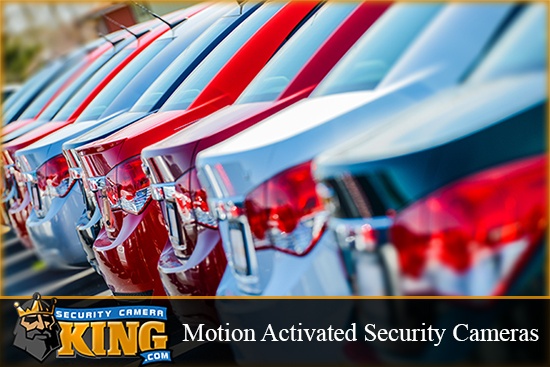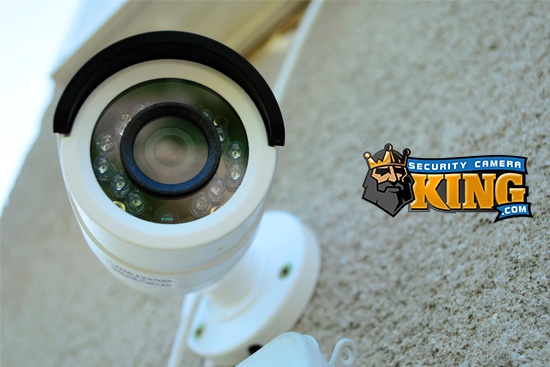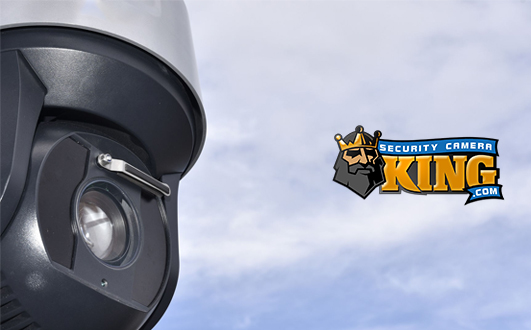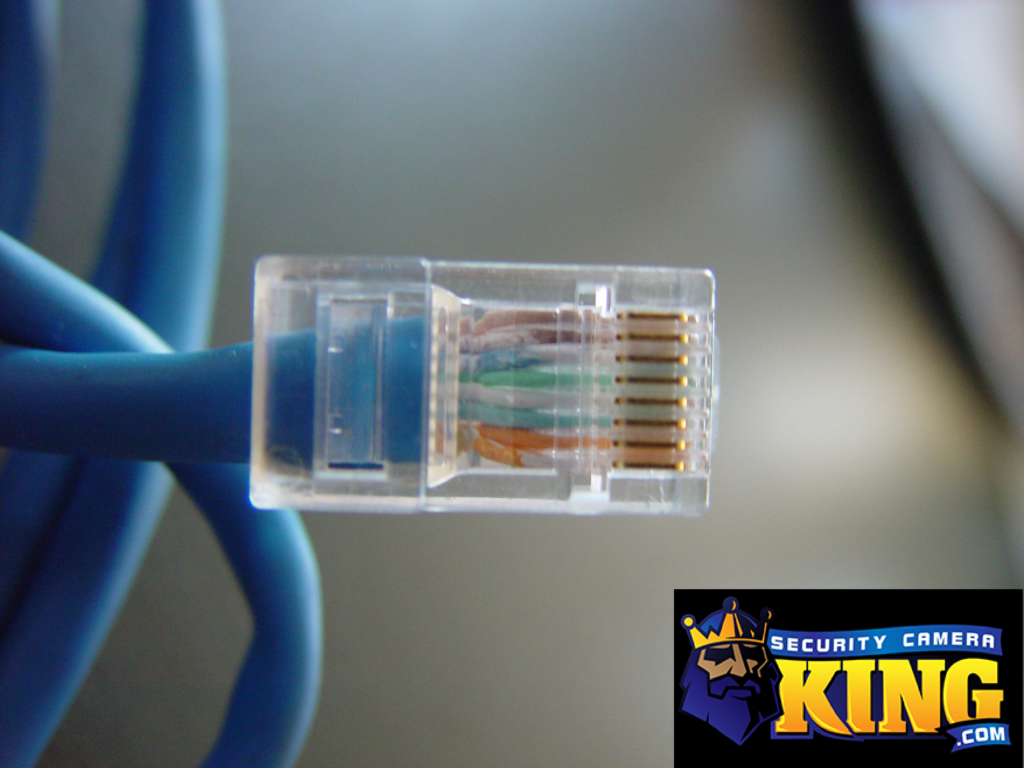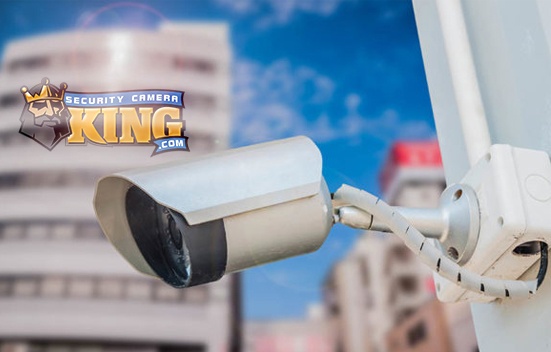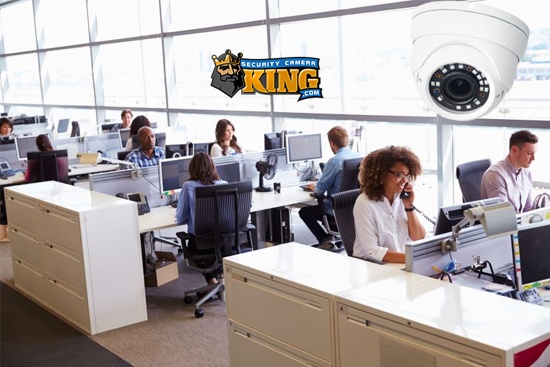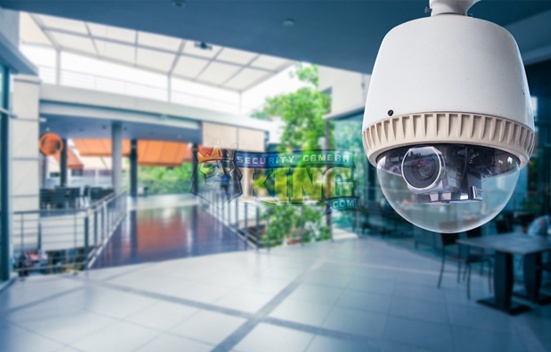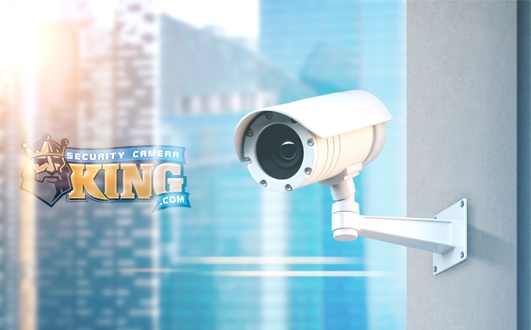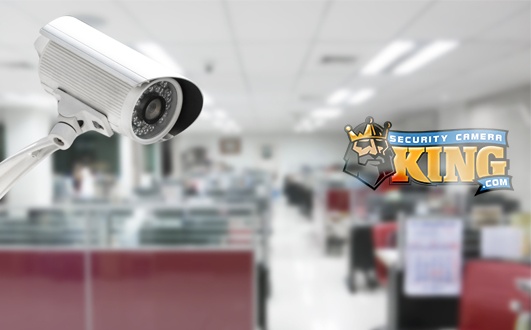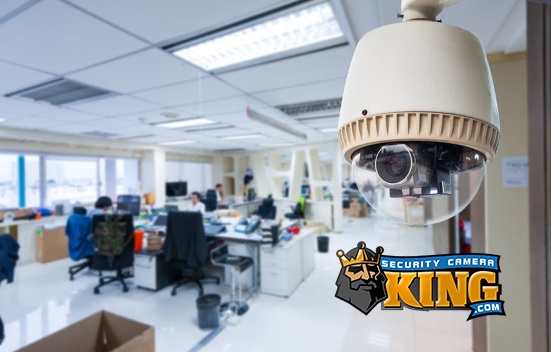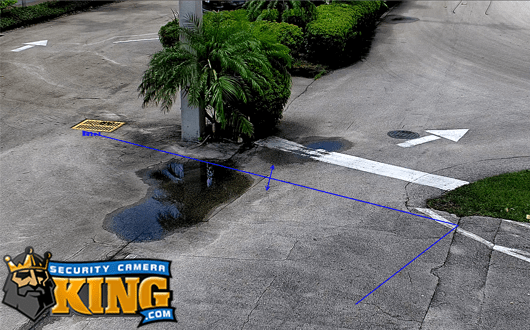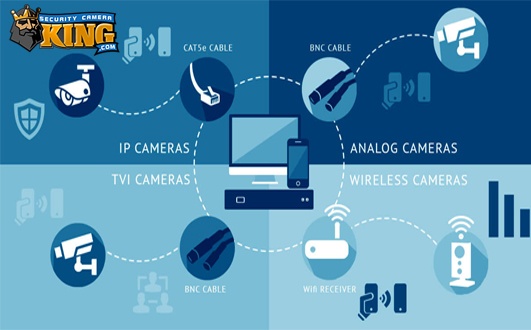You’re in the market for a security surveillance system for your home or your business. What is the one most important component of that system? The Digital Video Recorder, or DVR, is the single most important component. And the most important aspect of choosing a DVR is the recording resolution.
In manufacturing a DVR, the recording resolution is a balancing act between being able to actually see what’s being recorded and having the storage space to store the video. The better the resolution, the better the images look, but the more space it takes to store it, and the beefier the processor it takes to record it. Manufacturers try to offer that ideal balance between being able to actually have usable recorded footage for evidence of an event if needed, being able to process the enormous amounts of data involved while recording it at a usable resolution, and not running out of recording room to store events. How the manufacturers succeed at this is what you need to evaluate when shopping for DVRs. Budget will be a huge consideration here, since the units that juggle these factors in the most optimum way are, of course, the most expensive. Putting together the optimum system which takes into account all your needs, including your budget, and gives you recordings from all DVRs that can actually be used as evidence takes a bit of knowledge and the help of a qualified reputable professional.
When referring to recording resolution the industry usually uses either a variant of CIF, which is 360 x 240 pixel resolution, or D1, which is 720 x 480 pixel resolution. There is a distinction that needs to be addressed here. Each DVR has a recording resolution and a live video resolution. The live video is always going to be clearer, so when you are evaluating DVR units you really need to know how the recorded video will look, since that will be your actionable evidence in the event of a security problem. D1 is currently the highest resolution used for recording, but most standalone DVRs are not able to record in D1 in realtime, which is 30 frames per second (fps) on all the channels at the same time, though some of the new units coming out are starting to improve on that.
The strength and capacity of the processor that is running the DVR will determine how high a resolution can be set for recording. The memory in the unit is also a big factor. Most processors can’t yet record at a realtime resolution, though some of the newer units that are beginning to show up in the marketplace are hitting 4CIF recording in real time on all channels, which is a 704 x 480 pixel resolution. The current average for a DVR is a CIF recording resolution, which is 360 x 240 pixels in real time at 30 fps.
When looking at the specifications, the three things you need to consider together are the recording resolution, the frame rate, and the recording speed. Of the three, the recording resolution carries the most weight in a carefully considered purchasing decision. If there is a security event, you want to be able to clearly identify the face of the person involved, and if the resolution doesn’t allow this, it’s useless. A 640 x 480 recording resolution is the minimum recording resolution which will easily allow this. 720 x 480 has the same quality but in a wider screened aspect ratio to allow viewing on the typical widescreen computer or tv monitor. 1600 x 1200 is ideal for viewing from an actionable standpoint, but the speed, storage and processing needed to maintain this recording resolution make the cost prohibitive for all but the most deep pocket organizations.
When putting together a budget system, the best way to approach it is to choose a better resolution for key points of security, ie near the front door and the cash register, while choosing lesser resolutions for areas which would be more likely to be monitored in realtime but where recording resolution is a bit less critical, and would simply be support footage when combined with the higher resolution footage from the other areas, not an ideal approach, but one which would allow security on a smaller budget.
Whatever your security needs, the help of a qualified and reputable security monitoring specialist will shortcut your efforts enormously. Juggling all the factors involved in the purchase, including the recording resolution needed for actionable evidence, is key to the overall success of your security efforts.

